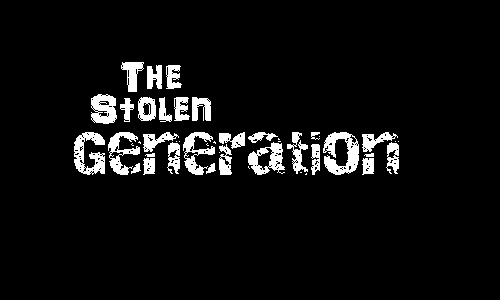
By Maithri Panagoda
Maithri Panagoda is a solicitor with Carroll and O’Dea in Sydney.
June 2000 – Law Society
IN A LANDMARK DECISION MR Justice Rolfe of the Supreme Court of New South Wales has made very important findings in a case brought by Christopher Johnson, one of the ‘stolen generation’.
Mr Johnson’s claim came before the Supreme Court, as an application lodged by Carroll and O’Dea, for an extension of time to institute proceedings. The application was necessary because Mr Johnson’s claim for damages was in fact brought outside the limitation period. In order to obtain an extension of time it was necessary to show that Mr Johnson’s psychiatric illness was only recently brought to his attention as having been caused by the improper behaviour of the Department and/or his foster parents. Rolfe J found it established.
A report of a psychiatrist and the evidence of Mr Johnson himself were found by the Judge to establish that the link between the earlier abuse to which he had been subjected, and the present injuries, had only come to his attention in 1997. Therefore the action or claim for damages was not statute barred. His Honour was very much persuaded by evidence that it was only after Mr Johnson read the psychiatrist’s report that he became aware that his experience as a foster child had caused his current psychiatric condition.
In these circumstances Rolfe J allowed the necessary extension of time. His Honour also found that there was a prima facie case at common law and distinguished an earlier decision to the opposite effect of Abadee J in Williams case.
Of particular significance in distinguishing Mr Johnson’s case from Williams case was that Mr Johnson relied on specific incidents of physical mistreatment, racial abuse and sexual assault. In Williams case, Abadee J found that there was no identifiable single casual act of negligence.
Mr Justice Rolfe also found that it was arguable that there was a breach of the Child Welfare Act, although he made it clear any ultimate finding in that regard would depend on the evidence to be given at the actual trial.
Finally, and quite importantly, Mr Justice Rolfe also found that there existed a fiduciary duty owed to Mr Johnson by the Department and the foster parents. Whether that duty had been breached was a question to be determined at the trial. This finding is significant in that if the breach of fiduciary duty can be established there is no time limitation to bar a cause of action based on a breach of such a duty.
Mr Johnson’s case is a very significant landmark of hope for members of the stolen generation to seek justice. However, it needs to be emphasised that each case must be looked at on its merits. Where no claim has been brought until after the claim is statute barred, it is necessary to show that the special personal facts of each claim entitle that person to an extension of time.
The decision in Johnson v DOCS is reported at (1999) NSWSC 1156. The decision in Williams case is currently on appeal. The ruling of the New South Wales Court of Appeal will be viewed with great interest.
